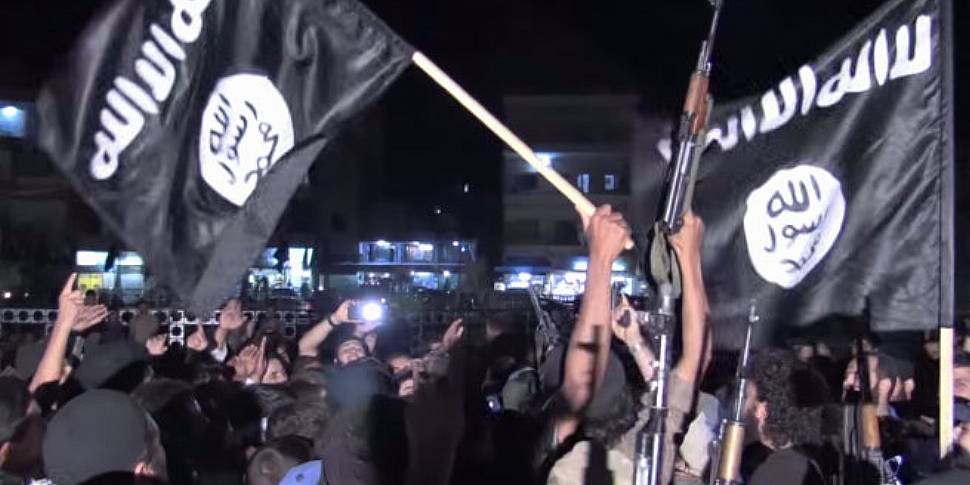The director of Europol has warned that up to 5,000 European Union citizens could return from countries such as Syria.
Rob Wainwright told MPs that between 3,000 and 5,000 European Union nationals have travelled overseas and could pose a threat to their home countries if they returned.
The European Union law enforcement agency has already collected the names of 2,500 suspects from agencies across the EU, the Home Affairs Select Committee heard.
Mr Wainwright was speaking after homegrown terrorists, apparently part of a radical Islamist cell, killed 17 people in Paris.
Cherif Kouachi, one of the two brothers who carried out the massacre at the offices of Charlie Hebdo, had travelled to Yemen for terrorist training and had recruited others to fight in Iraq. The pair claimed allegiance to Al Qaeda in the Arabian Peninsula.
Ahmed Coulibaly, who murdered a policewoman before killing four hostages at a kosher supermarket, said he was part of Islamic State, which controls large areas of northern Iraq and Syria.
His partner, Hayat Boumeddiene, was caught on CCTV at Istanbul airport on 2 Janaury as she headed to Syria to apparently join jihadis there.
Asked how many would-be militants had left Europe, Mr Wainwright said: "We're talking about 3,000-5,000 EU nationals.
"Clearly, we're dealing with a large body of mainly young men who have the potential to come back and have the potential or the intent and capability to carry out attacks [such as those] we have seen in Paris in the last week."
Mr Wainwright said Europe faced its biggest threat since New York's Twin Towers were destroyed - and urged internet companies to do more to tackle extremist activity online.
"It is certainly the most serious threat Europe has faced since 9/11 but there have been significant developments in both the scale and variation of that threat away from a network that is led by a leadership to something that is more diffuse, a decentralised network of thousands of independent and semi-independent actors, many of whom have been radicalised on the internet.
"One of the important evolutions we're seeing right now in the current terrorist threat is the way the internet is used, clearly much more aggressively, much more imaginatively by the networks.
"Social media is a recruitment tool. Not just that, social media is a propaganda tool.
"We have to have a closer, much more productive relationship between law enforcement and technology firms.
"Also I think we need to have the right legalisation in place to allow the authorities to monitor suspected terrorist activity."
Committee chairman Keith Vaz asked if Britons could sleep "soundly" at night.
Mr Wainwright replied: "The British people can be assured that here in the UK we have some of the most well developed and effective counter-terrorism arrangements in the world.
"That said, the threat is here and clearly affects the UK, at least as much as many other countries across Europe. It's a real threat."









